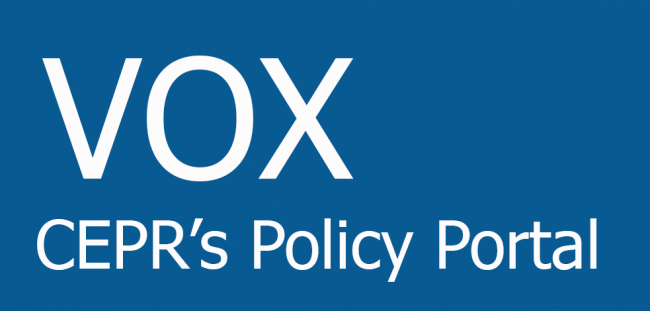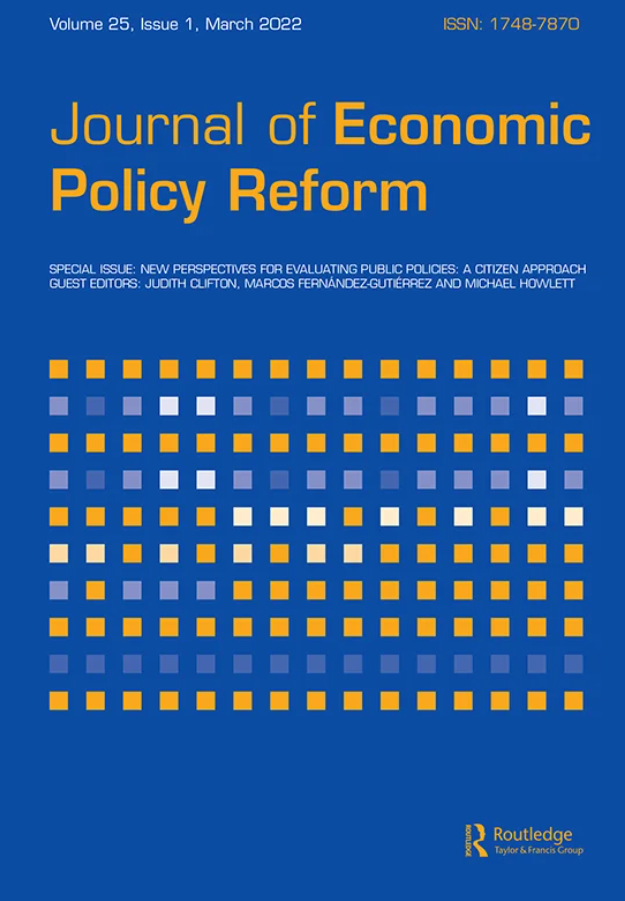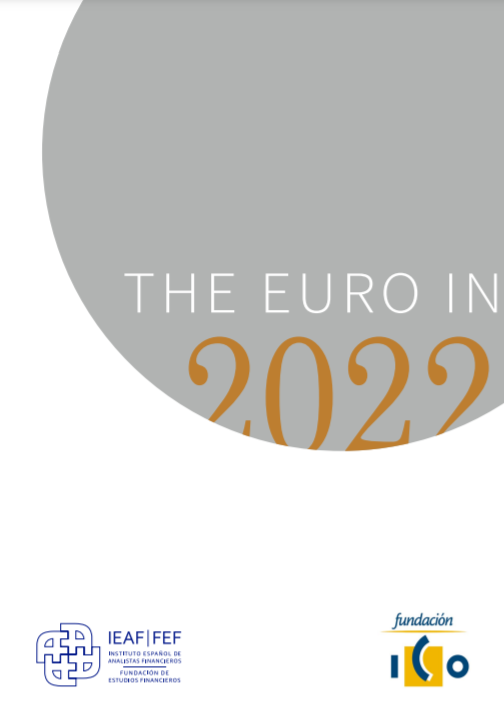Opinion
How to reconcile increased green public investment needs with fiscal consolidation
The EU’s ambitious emissions reduction targets will require a major increase in green investments. This column considers options for increasing public green investment when major consolidations are needed after the fiscal support provided during the pandemic. The authors make the case for a green golden rule allowing green investment to be funded by deficits that would not count in the fiscal rules. Concerns about ‘greenwashing’ could be addressed through a narrow definition of green investments and strong institutional scrutiny, while countries with debt sustainability concerns could initially rely only on NGEU for their green investment.
Read the full piece published on VoxEU, a lead commentary in the VoxEU debate on euro area reform.
Republishing and referencing
Bruegel considers itself a public good and takes no institutional standpoint.
Due to copyright agreements we ask that you kindly email request to republish opinions that have appeared in print to [email protected].













